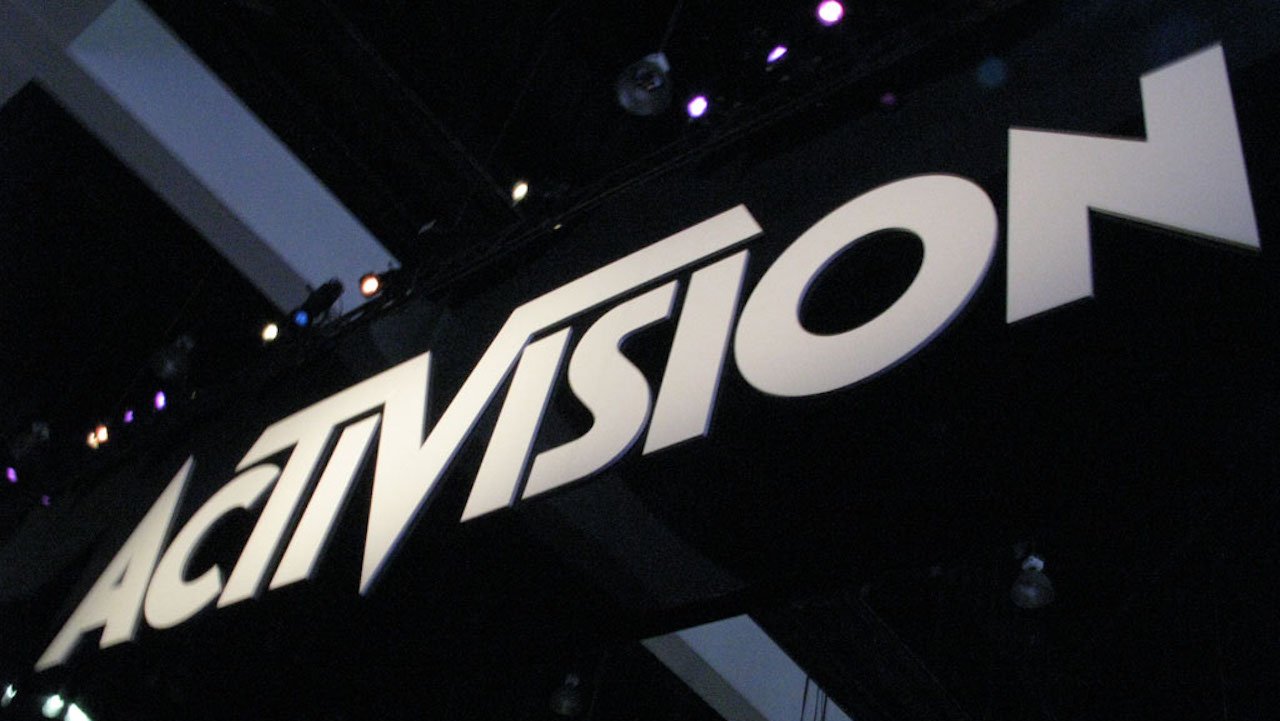
What you need to know
- Microsoft is currently working to finish the acquisition of Activision Blizzard for almost $69 billion.
- The deal has been under intense regulatory scrutiny over the past year, with the FTC in the U.S. seeking to block the purchase entirely.
- The CMA in the United Kingdom, which once raised a number of possible issues with deal, has now blocked the purchase.
- Microsoft President Brad Smith has signalled intent to appeal the UK CMA's decision.
Microsoft's bid for its biggest acquisition ever just took a huge step backward.
The UK regulatory body known as the CMA shared that it has blocked Microsoft's purchase of Activision Blizzard. The CMA examined the proposed purchase over the past several months, notably raising concerns earlier in the year that the deal could harm competition. The CMA claims that it is blocking the deal over concerns in the cloud market, despite Microsoft working tirelessly to sign deals for competing cloud platforms to gain access to Call of Duty and other games.
A few weeks ago, the CMA revised and narrowed its list of concerns, accepting evidence that Microsoft would not be inclined to remove the Call of Duty franchise from competing console platforms outside of Xbox, specifically, away from PlayStation. It seems that Microsoft didn't do enough to secure the confidence of the CMA.
We’ve prevented @Microsoft from purchasing @Activision over concerns the deal would damage competition in the #CloudGaming market, leading to less innovation and choice for UK #gamers. ☁️https://t.co/SdXt1rYAkZ pic.twitter.com/prWcDI7EvtApril 26, 2023
The UK is the first major regulator to block the deal, in contradiction to regulators that have approved, including Brazil, Chile, Japan, Serbia, and Saudi Arabia, with South African regulators also recommending approval for the deal. Microsoft still needs approval from the European Commission and the SAMR in China before the purchase can officially be consummated, while the FTC in the U.S. is seeking to stop the merger from happening. However, there's a report that Microsoft could seek to close the ABK deal without the approval of the FTC in the United States, owing to the FTC's apparent reluctance to seek an injunction in the federal court system.
It's unclear what will happen from here with the CMA having blocked the deal. The appeals process for CMA regulatory rulings is difficult to overcome. In the past, tech companies like Facebook have simply walked away from acquisition attempts after the CMA ruled to block.
We remain fully committed to our acquisition with @ATVI_AB and will appeal today's determination by the CMA. Here's our statement. pic.twitter.com/ylvDP5RUqQApril 26, 2023
Microsoft President Brad Smith has signaled intent to appeal the decision made by the UK CMA, setting the stage for a large, expensive, and laborious court battle. It's rare that UK appeals processes for CMA rulings have led to overturned decisions, but when there are $69 billion dollars at stake, it's probably worth it for Microsoft.
Activision's leadership team is beginning to speak up, with corporate comms EVP Lulu Cheng-Meservey noting that Activision plans to re-assess its investment into the UK, stating that the country is "closed for business."
The CMA’s report today is a major setback for the UK’s ambitions to be a tech hub, and we will work with Microsoft to reverse it on appeal.This report is also a disservice to UK citizens, who face increasingly dire economic prospects, and we will need to reassess our growth…April 26, 2023
Activision CEO Bobby Kotick also sent an email to staff, shared with us below. It outlines the firm's plan to appeal the decision from the UK regulator. Kotick once again called into question the viability of the UK as a country good for tech investment. The UK is the worst-performing major economy owing to headwinds from Brexit, with the current establishment rushing through bills that have companies like WhatsApp and Signal threatening to pull out of the country entirely.
Team, Today, the Competition and Markets Authority (CMA), a regulatory agency in the UK, decided not to approve our merger with Microsoft. This isn’t the news we wanted – but it is far from the final word on this deal. Alongside Microsoft, we can and will contest this decision, and we’ve already begun the work to appeal to the UK Competition Appeals Tribunal. We’re confident in our case because the facts are on our side: this deal is good for competition. The UK hopes to grow its leadership position in technology, and a combined Microsoft-Activision would accomplish exactly that. At a time when the fields of machine learning and artificial intelligence are thriving, we know the UK market would benefit from Microsoft’s bench strength in both domains, as well as our ability to put those technologies to use immediately. By contrast, if the CMA’s decision holds, it would stifle investment, competition, and job creation throughout the UK gaming industry.
Activision CEO, Bobby Kotick
Windows Central's take

The CMA's arguments that the cloud gaming market could be harmed somehow by this acquisition flies in the face of reality, and could simply have been taken up as an excuse to avoid having to argue in Sony's favor as market leader. Microsoft has offered to include Call of Duty etc. in cloud platforms including NVIDIA's GeForce Now, which as a result of this ruling, will no longer get access to Call of Duty. The block does nothing to protect the so-called "cloud gaming" market, and does everything to protect PlayStation's leadership position, while harming the potential growth of cloud gaming services.
The CMA pulled out of its "concerns" over the console market, because it knew the math wouldn't hold up to any sort of real-world scrutiny. Their "cloud gaming" arguments are less substantive and vague, however, since it deals with crystal ball predictions and subjective opinion. Nobody knows what could or would happen with the "cloud gaming" market in the future, making it an easier argument to present than the alternative, which would boil down to "we want to protect the market leader." Once again, like the FTC, the CMA's decision here seems entirely ideological.
This decision makes absolutely no real-world sense, but that's par for the course with the British establishment, which is becoming well-versed in making self-damaging decisions in recent years. It's unclear if Microsoft's appeal to UK regulators will have any impact on the decision, but buckle in — the appeals process will keep the deal in headlines through to 2024 most likely.






